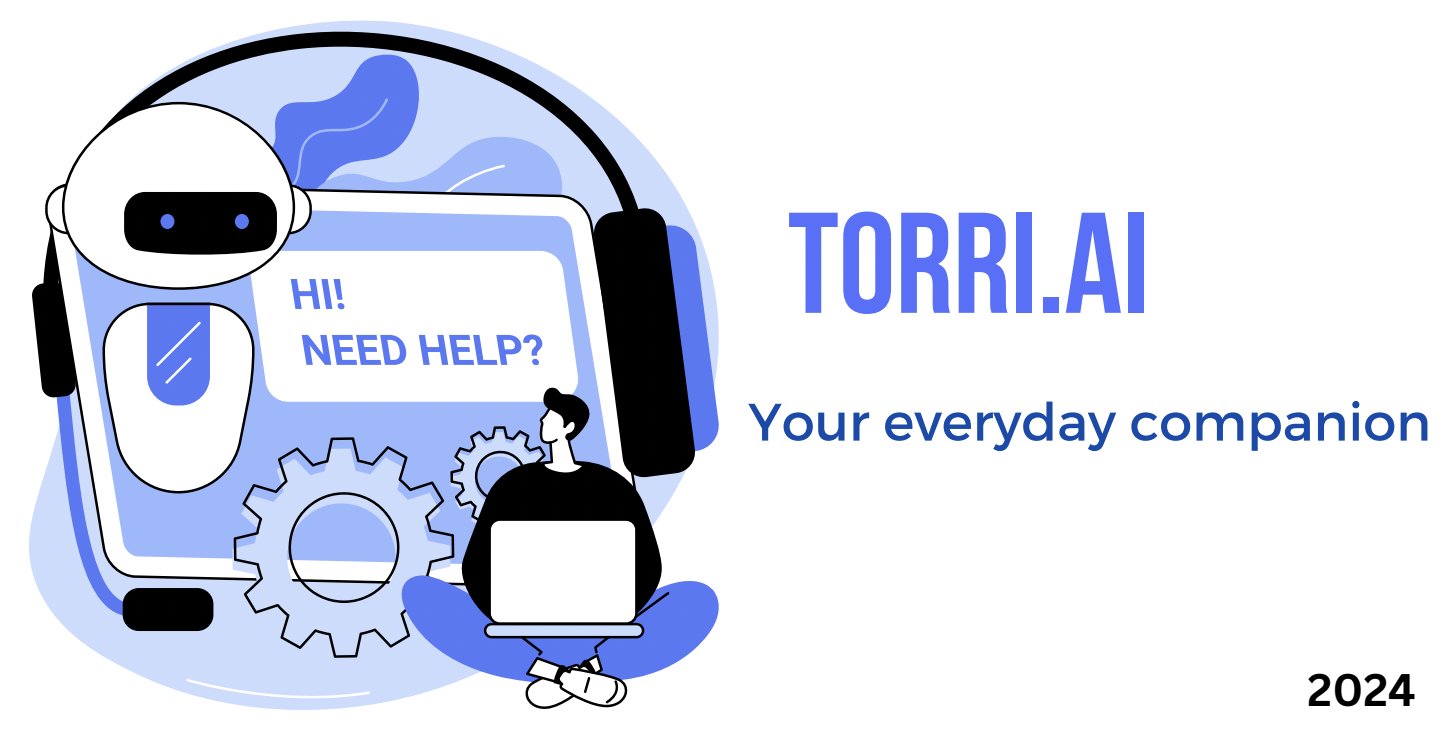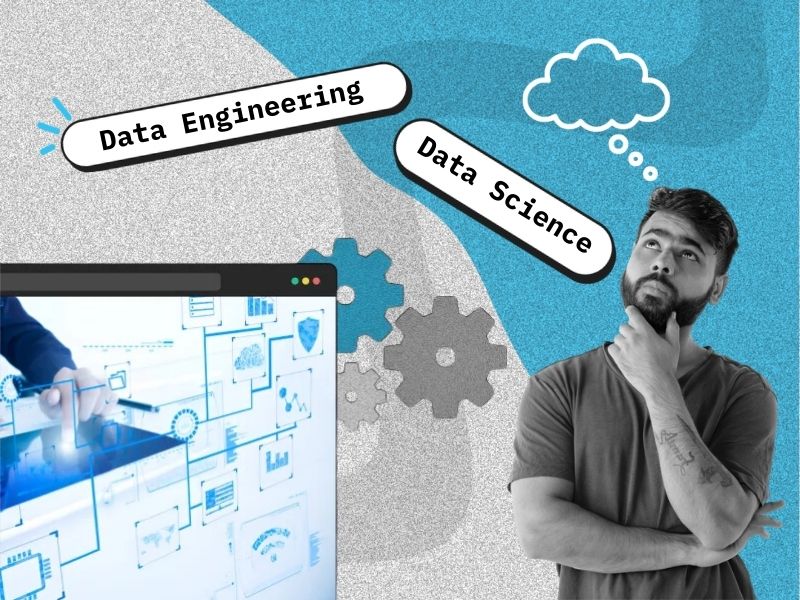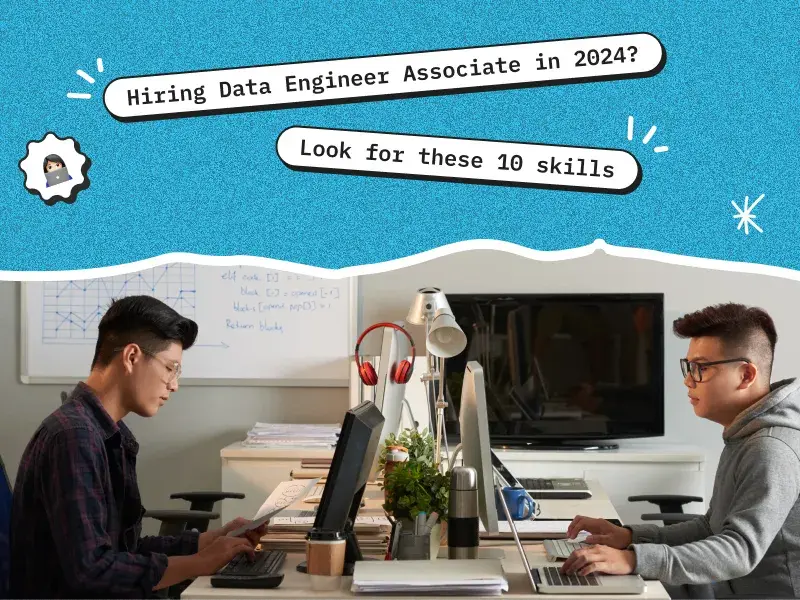Quick Summary:
Data science and data engineering are complementary fields in the data ecosystem. While data scientists focus on analyzing data, building models, and deriving insights, data engineers create the systems and pipelines to manage data efficiently. Both roles require strong technical skills, but the choice between them depends on your passion for analytical problem-solving (data science) or building scalable infrastructure (data engineering).
Introduction:
The fields of data science and data engineering are two critical pillars of the data ecosystem, often working hand-in-hand to unlock the potential of data. However, their roles, skillsets, and objectives are distinct. This article dives deep into the similarities and differences between these fields, offering clarity for aspiring professionals and businesses alike.
What is Data Engineering?
Data engineering is the foundation of the data ecosystem, focusing on building and maintaining systems that enable the efficient flow, storage, and processing of data. Through comprehensive data engineering services, organizations can leverage expertly designed pipelines to collect raw data from various sources, transform it into usable formats, and store it in accessible databases or data lakes for seamless analysis and decision-making.
Key Aspects of Data Engineering:
- Data Pipeline Creation: Designing ETL (Extract, Transform, Load) processes to ensure smooth data flow.
- Database Management: Building and optimizing relational (SQL) and non-relational (NoSQL) databases.
- Scalability and Reliability: Ensuring systems can handle large data volumes and are fault-tolerant.
- Tools and Technologies: Proficiency in platforms like Apache Spark, Hadoop, Kafka, AWS, GCP, and Azure.
- Role in Data Teams: Data engineers work closely with data scientists and analysts, ensuring they have clean, reliable, and timely data to work with.
Read more: Data Engineering for Analytics: Unlocking the Power of Data for Strategic Decisions
What is Data Science?
Data science is a multidisciplinary field that extracts insights and value from data using advanced analytical techniques, statistical methods, and machine learning. It focuses on uncovering trends, solving business problems, and predicting future outcomes based on data.
Key Aspects of Data Science:
- Data Analysis: Analyzing structured and unstructured data to identify patterns and correlations.
- Predictive Modeling: Building machine learning algorithms to forecast trends and automate decisions.
- Visualization: Creating dashboards and visual tools to communicate insights effectively.
- Tools and Technologies: Expertise in Python, R, TensorFlow, Scikit-learn, and visualization tools like Tableau.
- Role in Data Teams: Data scientists rely on data engineers for well-processed data and collaborate with business stakeholders to address strategic objectives.
Similarities Between Data Science and Data Engineering
Despite their distinct focuses, these roles share several commonalities:
- Reliance on Data: Both roles require a deep understanding of data and its lifecycle.
- Programming Skills: Proficiency in languages like Python and SQL is essential for both.
- Collaboration: Data scientists and data engineers work closely to achieve end-to-end data solutions.
- Focus on Optimization: Both aim to enhance data efficiency, whether through analysis or infrastructure.
Key Differences Between Data Science and Data Engineering
| Aspect | Data Science | Data Engineering |
| Objective | Analyzing data to extract insights and make predictions. | Building and managing data infrastructure for efficient storage and processing. |
| Key Responsibilities | Developing machine learning models, performing statistical analysis, and visualization. | Designing ETL pipelines, managing databases, and ensuring data availability. |
| Primary Tools | Python, R, TensorFlow, Scikit-learn, Tableau, Power BI. | SQL, Apache Spark, Hadoop, Airflow, AWS, GCP, Azure. |
| Skillset | Strong in statistics, mathematics, and machine learning. | Proficient in software engineering, databases, and big data tools. |
| Focus Area | Interpreting and presenting data insights to solve business problems. | Creating robust systems to handle and process large datasets. |
| End Goal | Driving strategic decisions through insights. | Ensuring reliable and scalable data pipelines for data availability. |
| Work Style | Experimentation, problem-solving, and creativity. | Structured, process-oriented, and detail-focused. |
| Career Roles | Data Scientist, Machine Learning Engineer, Business Analyst. | Data Engineer, Data Architect, Big Data Engineer, ETL Developer. |
| Salary | Typically competitive, with a focus on senior roles. | Slightly higher starting salaries due to technical complexity. |
| Best Fit For | Individuals interested in algorithms, trends, and storytelling with data. | Individuals passionate about systems, backend development, and database optimization. |
How Data Scientists and Data Engineers Work Together
These two roles are interdependent, often collaborating to deliver impactful results:
- Data Engineers ensure that clean, structured data is available for analysis.
- Data Scientists rely on this data to build models and generate insights.
- Together, they create robust data solutions that drive business growth.
Choosing the Right Career Path: Data Science or Data Engineering
When deciding between a career in data science or data engineering, it’s crucial to align your interests, skills, and long-term goals with the demands of each field. Here’s a detailed guide to help you choose the right path:
1. Assessing Your Interests
- Data Science might be the right choice if you:
- Enjoy working with statistical models and algorithms.
- Love uncovering patterns in data and deriving actionable insights.
- Have a knack for presenting complex findings through visualization tools.
- Are interested in machine learning, artificial intelligence, and predictive analytics.
- Data Engineering might suit you if you:
- Prefer building systems and infrastructure to manage data at scale.
- Are excited about optimizing processes, improving data workflows, and solving engineering challenges.
- Thrive in a backend-focused role, handling databases, ETL processes, and cloud technologies.
- Enjoy solving complex problems related to scalability, reliability, and data quality.
2. Required Skills and Learning Pathways
- Data Science:
- Emphasizes mathematics, statistics, and machine learning.
- Requires familiarity with libraries like TensorFlow, Pandas, and Scikit-learn.
- Courses in data analysis, deep learning, and visualization can be beneficial.
- Data Engineering:
- Focuses on software engineering principles, database management, and distributed systems.
- Requires expertise in SQL, big data tools like Hadoop, and cloud services like AWS or GCP.
- Certifications in cloud computing or database management can boost career prospects.
Read More: Skills and Certifications to look for hiring Data Engineer
3. Career Opportunities
- Data Science Roles:
- Data Scientist, Machine Learning Engineer, AI Researcher, or Business Analyst.
- Industries: E-commerce, healthcare, finance, marketing, and tech companies.
- Data Engineering Roles:
- Data Engineer, Big Data Engineer, ETL Developer, or Data Architect.
- Industries: IT services, cloud providers, logistics, and any organization with large-scale data needs.
4. Personality Fit
- Are you more of a creative thinker and problem solver who enjoys experimenting?
- Data Science allows room for exploration and innovation in predicting trends or building models.
- Are you detail-oriented and structured, with a strong focus on efficiency and reliability?
- Data Engineering demands precision and consistency to ensure systems are robust and scalable.
Future Trends and Evolving Roles
The data landscape is dynamic, and both data science and data engineering are evolving rapidly to adapt to new technologies and business needs. Here’s a detailed look at what the future holds for these roles:
1. Blurring of Roles
- The boundaries between data science and data engineering are becoming less distinct with the rise of hybrid roles such as:
- Machine Learning Engineer: Combines aspects of both fields by building and deploying machine learning models at scale.
- DataOps Specialist: Focuses on creating efficient workflows between engineering and science teams.
- Companies are increasingly looking for professionals who possess a broad skill set that spans both domains, such as familiarity with data pipelines and an understanding of machine learning algorithms.
2. Rise of Automation
- Data Engineering:
- Automation tools like Apache Airflow and cloud services are streamlining ETL processes, reducing manual intervention.
- Engineers must stay updated on new technologies to design systems that adapt to automated workflows.
- Data Science:
- AutoML (Automated Machine Learning) is democratizing AI by enabling non-experts to build models.
- Data scientists may need to shift focus toward fine-tuning models and interpreting automated results.
3. Impact of AI and Big Data
- AI Integration:
- AI-powered tools are enabling faster data processing and analysis.
- Both data scientists and engineers will work closely with AI models, either by creating (scientists) or supporting (engineers) them.
- Big Data Growth:
- The increasing volume, velocity, and variety of data (the “3Vs”) require advanced tools and techniques.
- Building and maintaining big data infrastructure is a key responsibility for data engineers, as they design systems capable of real-time data processing and storage. Data engineers will be tasked with building infrastructure for real-time data processing, while data scientists will work on extracting meaningful insights from these streams.
4. Cloud and Edge Computing
- The shift toward cloud-based systems is reshaping both roles:
- Engineers must design pipelines that integrate with cloud storage and processing platforms like AWS, Azure, and Google Cloud.
- Scientists need to understand how to access and analyze data stored in these environments.
- Edge computing is emerging, where data is processed closer to its source (e.g., IoT devices). Both roles must adapt to this decentralized model.
5. Ethical Considerations
- As businesses rely more on data-driven decisions, concerns about data privacy, security, and bias are increasing.
- Data scientists must ensure that models are unbiased and transparent.
- Data engineers must implement systems that comply with data governance regulations (e.g., GDPR, CCPA).
6. Industry Demand and Salaries
- High Demand: Both roles are in demand across sectors like healthcare, finance, and tech.
- Data engineers are critical for managing vast datasets as businesses scale.
- Data scientists are essential for turning this data into competitive strategies.
- Competitive Salaries:
- Data engineers often have slightly higher starting salaries due to the complexity of their systems work.
- Data scientists may surpass them in senior roles if their models significantly impact business outcomes.
7. Lifelong Learning
- The rapid pace of technological change requires ongoing learning:
- For data engineers, keeping up with new databases, pipelines, and cloud systems is vital.
- For data scientists, evolving skills in machine learning and AI remain crucial.
The future of data engineering will be shaped by advancements in automation, real-time data processing, and AI integration, which will streamline data pipelines and enhance scalability. At the same time, data science will continue to evolve, with a stronger focus on leveraging machine learning models, predictive analytics, and advanced algorithms to extract valuable insights.
Conclusion
Choosing between data science and data engineering depends on your interests, skills, and career aspirations. While data science leans toward analysis, insights, and creativity, data engineering emphasizes infrastructure, scalability, and precision. As the roles evolve and intersect, professionals skilled in both domains will find themselves in high demand. The future of these careers promises exciting opportunities, driven by advancements in AI, big data, and cloud computing.


 Lets Talk
Lets Talk 





 Email Us
Email Us 











 30 mins free Consulting
30 mins free Consulting 
 7 min read
7 min read 







 Love we get from the world
Love we get from the world 